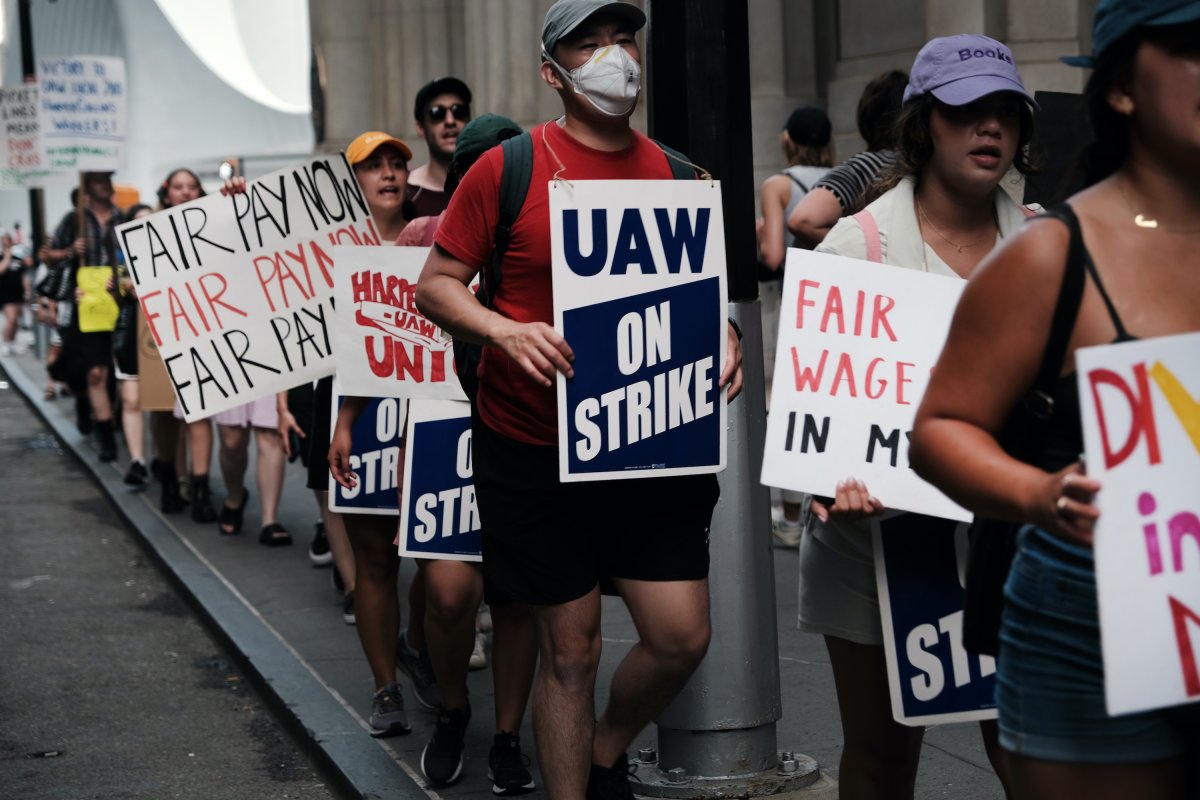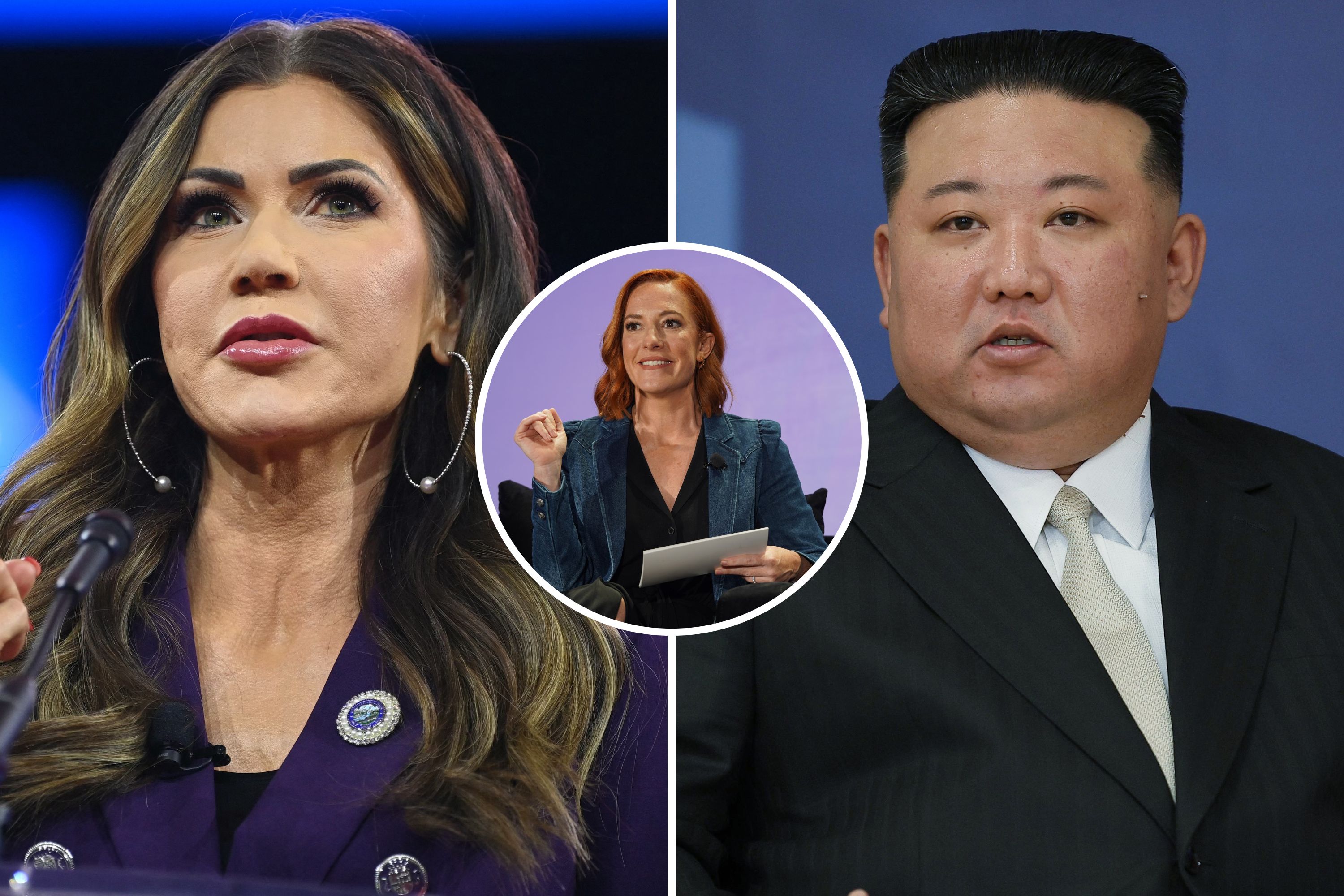This Labor Day, you may see headlines about a supposed "boom" in union organizing, and while high-profile union campaigns against well-known companies like Starbucks and Amazon have generated buzz, Department of Labor numbers showed unions lost 241,000 members last year.
Less likely to make headlines is a trend Big Labor's cheerleaders wish to ignore: the significant increase in efforts by workers seeking to remove long-entrenched unions from their workplaces.
Employees across the country have submitted a wave of petitions to the National Labor Relations Board (NLRB), asking the federal agency to schedule votes to remove unpopular unions, a process known as "decertification."
In fact, according to the NLRB's own data on petitions for elections to either install or remove a union, a unionized private-sector worker is more than twice as likely to be involved in a decertification effort as a similar nonunion worker is to be involved in efforts to unionize his or her employer.
Another recent analysis found decertification petitions to the NLRB have increased by a whopping 42 percent this year. That's 16 percent higher than the increase in petitions seeking to bring in a union (when counting the Starbucks campaign once, rather than tallying each individual location's petition).
When you consider that NLRB policies make it impossible for most workers to hold a decertification effort outside a brief 30-day window once every three years, the jump in decertification efforts looks even starker. There is no similar limitation on when petitions can be filed to trigger unionization votes.
What we've seen here at the National Right to Work Legal Defense Foundation, which provides free legal aid to workers, confirms this trend. Foundation staff attorneys have received a record number of requests for legal assistance over the last couple of years from workers seeking help to navigate the NLRB's maze-like decertification process.
While you may not have heard about the wave of workers seeking to free themselves of unwanted unions, you can be sure Big Labor and its political allies know exactly what's going on.

You see, rather than ask why so many workers want to escape union ranks, union bosses and their Biden administration allies are pulling out all the stops to make it even more difficult for hard-working Americans to participate in a decertification election.
The Biden-backed PRO Act—Big Labor's top legislative priority—is a laundry list of new power grabs for union organizers. It would wipe out all 27 Right to Work laws that make union dues voluntary.
Other PRO Act provisions, like mandating "Card Check" recognition that bypasses secret-ballot votes for unionization, and permitting unionization to be forced on gig economy workers, have also made headlines. Yet the bill also includes new statutory prohibitions on decertification elections, including giving union officials the ability to automatically delay any decertification vote through unproven allegations called "blocking charges."
But with the PRO Act stalled in the Senate, the Biden NLRB isn't waiting on Congress to stifle decertification efforts.
Biden-appointed union activists at the NLRB are seeking to squelch decertification efforts through bureaucratic fiat. This includes reversing the Election Protection Rule, a set of common-sense, if modest, reforms previously adopted by the NLRB that removed multiple Board-invented barriers to worker-backed decertification. One of those reforms that the Biden Board seeks to reverse allowed workers to challenge a union's installation through Card Check with a private, secret-ballot vote.
Meanwhile, the former union lawyer who was appointed top prosecutor at the Labor Board has said she intends to overturn the Foundation-won Johnson Controls precedent, which allowed employers to act on workers' majority petitions and end the union's "representation" through withdrawal of recognition. Johnson Controls also allowed union officials to seek an automatic secret-ballot vote to try to counter such withdrawal petitions, but few unions have opted for that because they fear private, secret-ballot elections.
The fact that the NLRB is helping Big Labor strong-arm workers into joining union ranks, and going to such lengths to block workers from escaping, shows just how out of touch the NLRB is in protecting the rights of workers—one of which is the statutory right to decertify.
Instead of improving the service they provide to attract more workers to voluntarily join union ranks, union bosses are simply doubling down on exercising their coercive government-granted powers to get workers under their control. In the short term, rigging the rules might help keep forced union dues flowing, but over the long run it will only further alienate union bosses from the workers they claim to represent. This is not a prescription for satisfied workers on Labor Day.
Mark Mix is president of the National Right to Work Committee.
The views expressed in this article are the writer's own.
Uncommon Knowledge
Newsweek is committed to challenging conventional wisdom and finding connections in the search for common ground.
Newsweek is committed to challenging conventional wisdom and finding connections in the search for common ground.
About the writer
To read how Newsweek uses AI as a newsroom tool, Click here.






